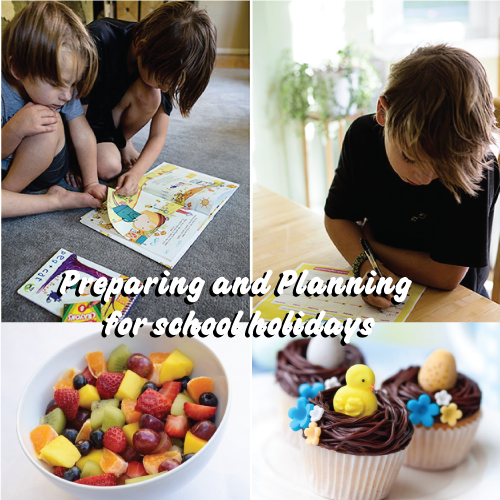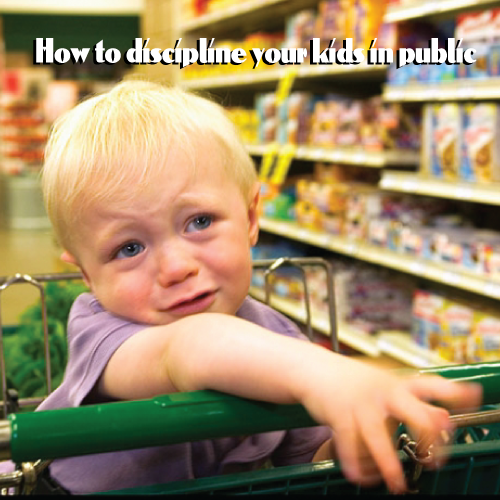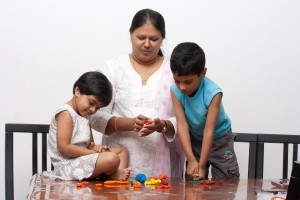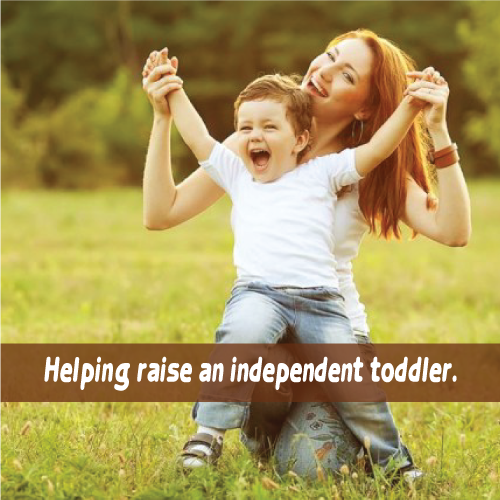Another year has gone by and we are almost a month down in the new year. Now it is just a matter of time before schools close for the academic year. Needless to say, everyone is looking forward to the welcome break. The countdown has well and truly begun.
Kids are looking to do something exciting after a gruelling schedule of homework, exams, and early morning starts. Teachers are grateful for the well-earned time out too. Summer is a happy time for all. Well, maybe not for all.
If you are a parent, challenging times are ahead. Like they say, “Summer (holidays) is the only time when parents realize how grossly underpaid teachers are.” Perhaps, truer words were never spoken. Parents know only too well about what to expect from their kids.
Did we scare you? If we did, we apologise sincerely and unconditionally. We know you do appreciate the noble intentions behind our scaremongering.
Sure you have dealt with the situation before. But the problem is, it’s been a while. A year is a long time, especially with kids. And their level of expectation goes up too. Well, without any further delay, let us look at some of the ways to plan and prepare for the holidays.
- First up, spend the first week at home, doing nothing (this usually means watching TV). This will help everyone to relax, immediately after a long period of hectic activity, and gives the family members time to settle down and do some planning.
- Next, sit down with your kids and discuss what they would like to do during the holidays. Being democratic in your approach and making the kids part of the decision making process not only helps you with fresh ideas, but also provides you with a safety net should things go not to your youngsters’ liking. Clever, ain’t it?
- Next, organise things around the house. What really tires us out is the constant running around. Make sure you are well stocked on supplies so that kids can choose activities on their own to amuse themselves and to eat when they want, which is often.
- Next is time to move out of the house and spend some time outdoors. Mix education with fun. Visit art galleries, zoo and libraries. Hiking or a day at the beach can help the family to spend time together and be engaged for the entire day. Delegate work to children, be it carrying picnic basket or making sure your house is securely locked before you head out.
- Set aside the penultimate week of the holidays for visiting members of the family and friends you see less often. Renewing relationships and strengthening them further is a good way to remind your kids the importance of family life.
- Well, it is last week of summer. Time to get back home and talk about things you did together as a family and also plan for the year ahead. Paying a little attention to the cleaning of the house, which may not have received the kind of attention it normally does, is now in order. Happy holidays in advance!









